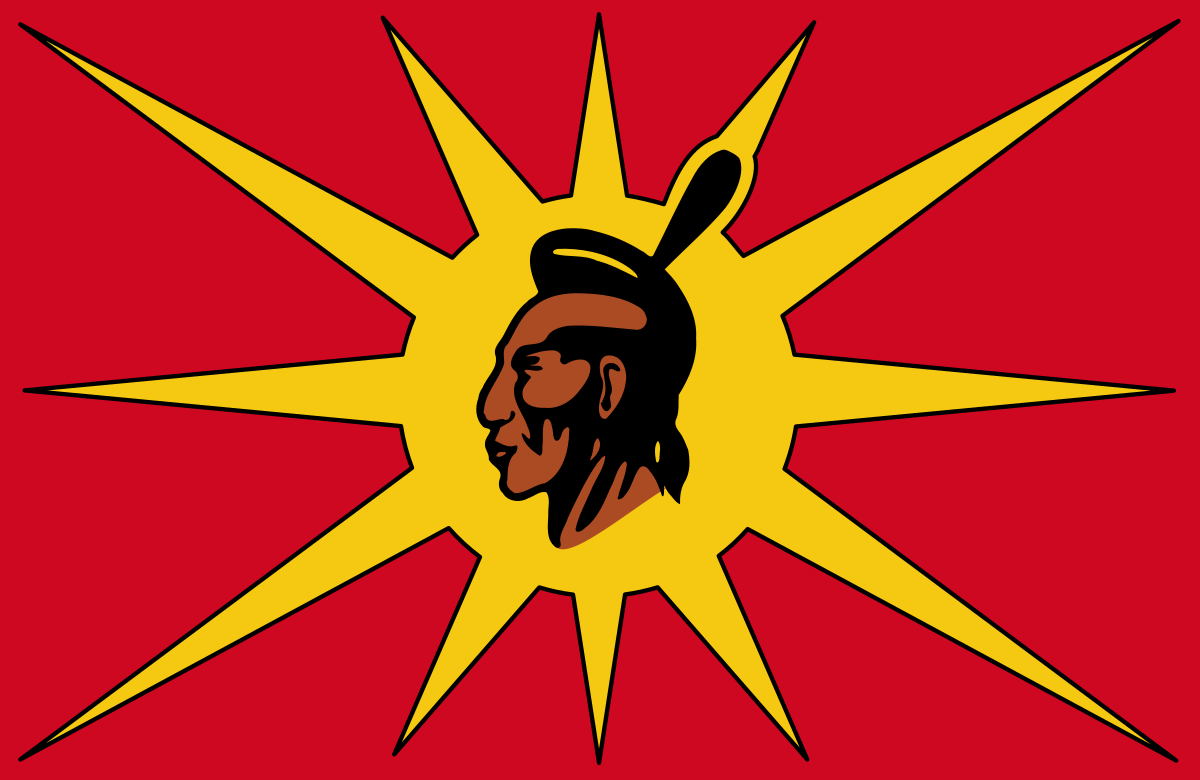Overview of Kahnawake Gaming License
Operators seeking to tap into North American markets often consider a Kahnawake gambling license. The territory supports various forms of gambling, including poker and online casinos. Its regulatory environment values fairness, security, and stable infrastructure. The application process focuses on ensuring that all gambling platforms run smoothly and transparently. Many companies appreciate this framework as it reduces compliance hurdles and maintains player trust.
Benefits of Obtaining a Kahnawake Gaming License
Securing this authorization can boost credibility, streamline regulatory compliance, and improve market positioning.
Advantages
- Access to a recognized regulatory environment
- Stable support for gaming operators
- A clear licensing framework that promotes growth
- Reduced barriers compared to some European jurisdictions
Disadvantages
- Geographic limitations may restrict certain gambling activities
- Updates to rules may require periodic adjustments
- Not as widely recognized as top-tier EU licenses
Types of Kahnawake Gaming Licenses
Choosing the right Kahnawake license type depends on your business model. Each variant fits different operational scopes, from full-service platforms to specialized suppliers.
Interactive Gaming License (IGL)
For full-scale gambling operations, the IGL covers core platforms. It allows hosting a range of gaming products, ensuring that businesses can handle various player segments.
Client Provider Authorization (CPA)
CPA grants access to operate under an existing interactive license holder. It helps emerging operators enter markets quickly without building from scratch.
Key Person License (KPL)
This license ensures that individuals holding critical roles meet integrity and reliability standards. KPL validates management-level decision-makers who shape gambling activities.
Live Dealer Studio Authorization (LDSA)
LDSA supports those offering live-streamed casino gaming. It sets the stage for real-time, interactive gambling experiences, leveraging specialized studios and trained staff.
Client Software Provider Authorization (CSPA)
CSPA suits software suppliers who develop core components for gaming platforms. It allows delivering critical software tools to licensed operators.
Application Process for Kahnawake Gaming License
Obtaining a gambling license in Kahnawake involves detailed steps. Proper preparation reduces delays and unexpected hurdles.
Requirements for Application
Applicants must form a local company or have a recognized corporate structure. They must present financial statements, security protocols, and fair gaming policies. Each element ensures that gambling services remain honest and well-regulated.
Documents Needed
- Incorporation details
- Business plans
- Evidence of secure servers
- Technical specifications for gaming software
- Compliance reports
Application Fees
Initial fees often start at several thousand USD. Budgeting adequately helps avoid sudden financial strain. Remember that costs vary depending on license type and company size.
Waiting for Approval
Reviews take from a few weeks to a few months. The commission checks every document. Patience and thoroughness matter. Once approved, you hold a credible authorization that supports steady growth.
Kahnawake Gaming Commission
This body safeguards the industry’s integrity. It ensures that all licensed platforms meet standards set over years of regulatory practice.
Regulatory Role
The Kahnawake gaming commission enforces guidelines and monitors activities. It oversees fair gaming practices, ensures timely payouts, and prevents fraud. Operators must consistently adhere to standards or risk losing approval.
History and Background
Established in 1996, the Kahnawake gaming commission helped shape modern online gambling. Its approach evolved over time, adapting to industry trends and new technologies.
Costs Associated with Kahnawake Gaming License
Costs depend on the authorization type and business scale. Some operators find overall expenses manageable compared to other jurisdictions.
Initial Application Fees
Expect initial charges around USD 15,000 to USD 25,000. These cover application review and due diligence. Preparing documentation carefully prevents re-submission fees.
Ongoing Maintenance Fees
Annual fees and periodic compliance checks add to long-term cost. Operators pay these to maintain valid standing. On average, annual fees start around USD 10,000.


